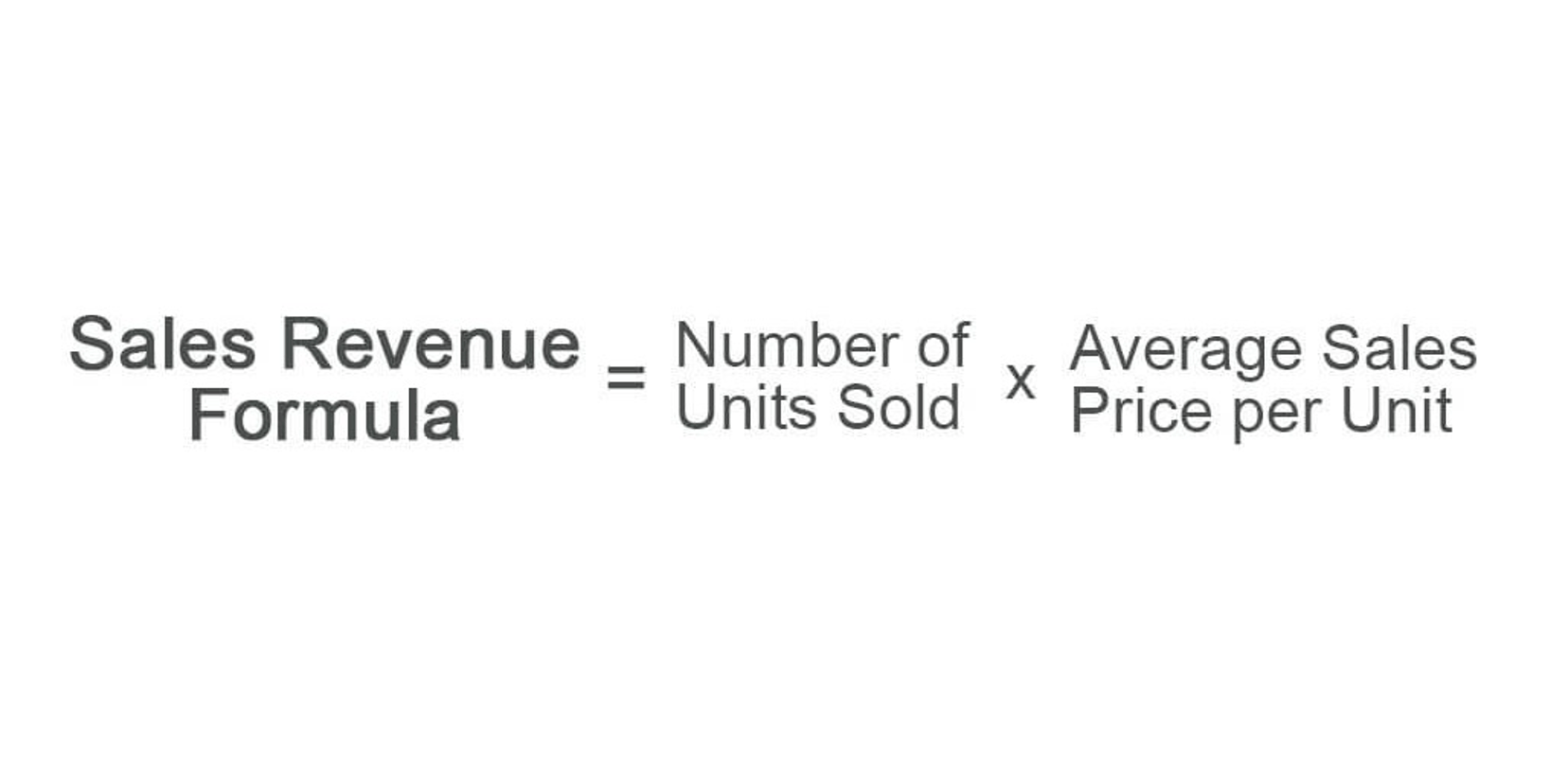Content

Monthly, the accountant records a debit entry to the deferred revenue account, and a credit entry to the sales revenue account for $100. By the end of the fiscal year, the entire deferred revenue balance of $1,200 has been gradually booked as revenue on the income statement at the rate of $100 per month. The balance is now $0 in the deferred revenue account until next year’s prepayment is made. Deferred revenue is typically reported as a current liability on a company’s balance sheet, as prepayment terms are typically for 12 months or less. Deferred revenue is recognized as a liability on the balance sheet of a company that receives an advance payment. This is because it has an obligation to the customer in the form of the products or services owed.
It’s best practice to recognize revenue as it’s earned and track customer behaviour with a customer aging report. When customers pay in advance, it’s particularly important to keep accurate reports of unearned revenue, so that your company does not invest or use more of its resources than are strictly available. When deferred revenue is recorded, it appears as a liability on the balance sheet and increases the cash (asset) account. Once the income is earned, the liability account decreases, and the revenue account sees an overall increase.
Why Companies Record Deferred Revenue
However, if the business model requires customers to make payments in advance for several years, the portion to be delivered beyond the initial twelve months is categorized as a “non-current” liability. Do customers pay you for your goods or services before you actually deliver them? Learn about deferred revenue and how to record it in your accounting books.
This deferred revenue definition implies a lag between purchase and delivery. Deferred expenses, much like deferred revenues, involve the transfer of cash for something to be realized in the https://accounting-services.net/real-estate-bookkeeping-virtual-bookkeepers-for/ future. Deferred revenues refer to money received for goods or services to be provided to customers later, whereas deferred expenses refer to money expended for obligations not yet observed.
How Deferred Revenue Works
Accountants use revenue recognition principle to identify and report how much of the deferred revenue is recognized, especially in SaaS Accounting. When a business receives payment for a service it has not yet provided, it generates deferred revenue. This typically occurs for service providers that hold off on doing the project until at least a portion of it has been paid for. Deferred revenue is earned when a business performs its end of a contract after payment has been received. The simple answer is that they are required to, due to the accounting principles of revenue recognition.
- Each month, one-twelfth of the deferred revenue will become earned revenue.
- This reduces your deferred revenue by $549 from $6,688 to $6,139 in January’s book closing statement.
- When you receive the money, you will debit it to your cash account because the amount of cash your business has increased.
- LegalZoom provides access to independent attorneys and self-service tools.
- In other words, AR is credited when revenue is earned but not received, and as money is realized AR is debited and cash balance credited.
For example, if you charge a customer $1,200 for 12 months of services, $100 per month will turn into earned revenue while the remaining amount will still be deferred revenue. So, after 3 months, you will have $300 in earned revenue and $900 in deferred revenue. For example, when a SaaS company charges a new client a $180 annual subscription fee, it does not immediately record the fee as actual revenue in its books. Instead, it will record it as deferred revenue first in its balance sheet and only record the $180 in revenue at the end of the year after earning the entire fee. A company’s financial statements might appear different using one accounting method versus another. Each method would result in a different amount recorded as deferred revenue, despite the total amount of the financial transaction being no different.
Join our newsletter for the latest in SaaS
As you deliver goods or services, your deferred revenue account will decrease. Imagine a SaaS company offers a monthly plan with $10 payments and a discounted yearly plan of 99.99 to attract customers. The company will defer the revenue from customers who opt to pay Whats the Difference Between Bookkeeping and Accounting? in advance for the annual subscription to enjoy the discount and recognize it monthly as per the customers’ use of the service. Deferred revenue is expected among SaaS companies because they offer subscription-based products and services requiring pre-payments.
- When it is recognized (because your company has delivered), it is proportionally recorded as revenue on your income statement.
- However, deferred revenue actually refers to payments received from clients for services the company hasn’t yet delivered, so it’s actually a liability to the company until it’s rendered.
- GAAP accounting metrics include detailed revenue recognition rules tailored to each industry and business type.
- For a detailed rundown of how to recognize revenue under the new GAAP rules, check out our guide to revenue recognition.
- Revenues are typically deferred and then later are recognized when related goods or services are received.
- You will later move them in portions from your balance sheet accounts to revenues (or expenses) on your income statement.
Once the income is earned, the liability account is reduced, and the income statement’s revenue account is increased. Deferred revenue is money a company receives before goods or services are delivered, which is why it is not recognized as revenue in the income statement. Because of this, companies record deferred revenue as current liabilities on their balance sheets until the services are rendered or products are delivered.
How to Allocate Revenue
Companies that use the cash basis of accounting don’t use the deferred revenue account because they recognize revenue when cash is received regardless of when it’s earned. You record deferred revenue as a short term or current liability on the balance sheet. Current liabilities are expected to be repaid within one year unlike long term liabilities which are expected to last longer. Deferred revenue is a short term liability account because it’s kind of like a debt however, instead of it being money you owe, it’s goods and services owed to customers. As the recipient earns revenue over time, it reduces the balance in the deferred revenue account (with a debit) and increases the balance in the revenue account (with a credit). No, accrual accounting records revenue for products or services that have been delivered before payment has been received.


